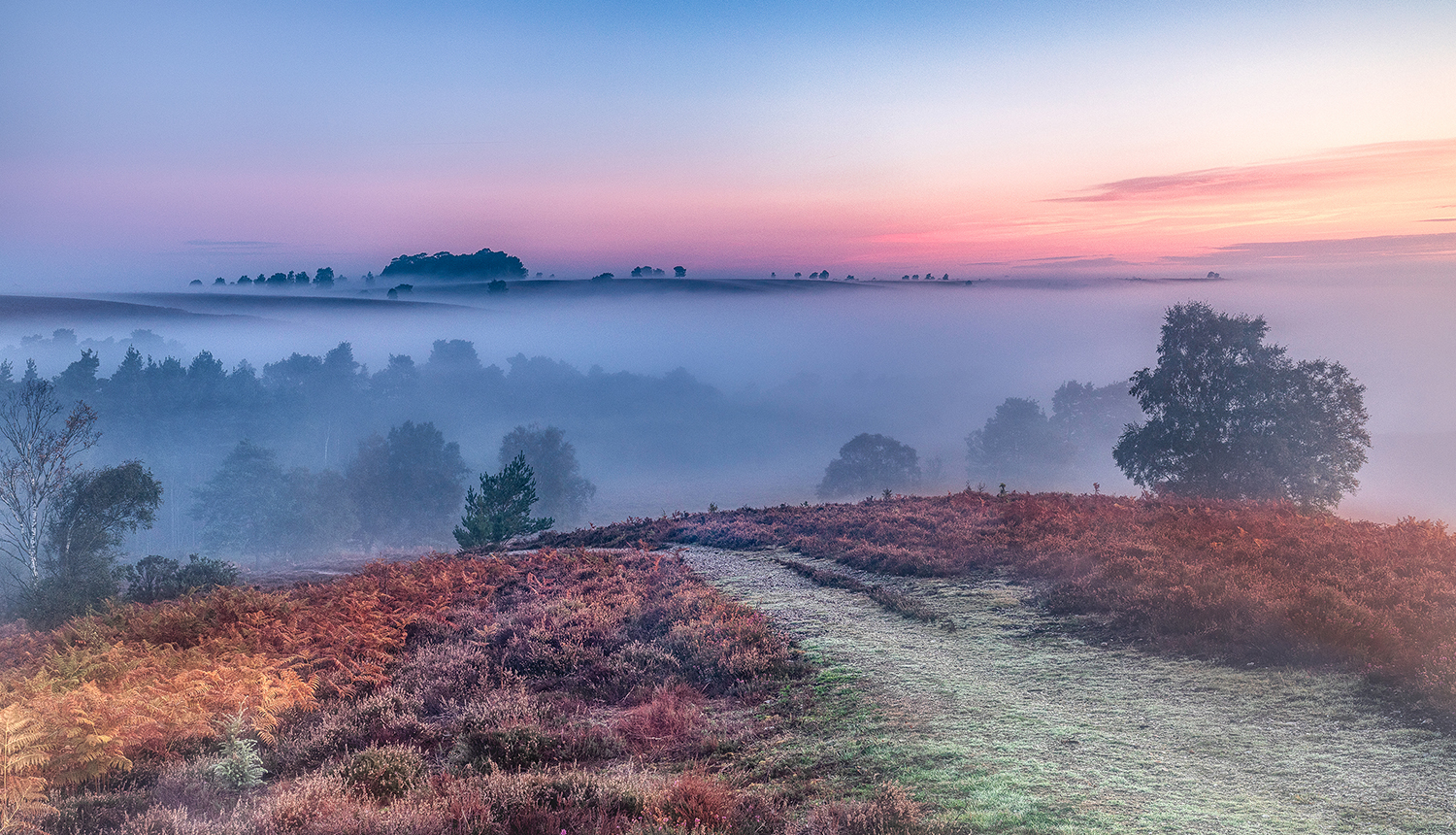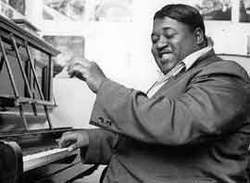http://Embed from Getty Images
Welcome.
The Jukebox continues to feature favourite posts from 2014.
Today we turn to a Post that celebrated an inexhaustible vein of inspiration for songwriters and singers – the Train Song.
If you want to be a great songwriter you’re gonna need to write a great Train Song.
And, if you do, you’ll find you will never be forgotten.
Everybody loves a Train Song.
Listen, you cant see it yet but believe me that whisper you barely hear now is going to become a roar that will shake your bones and rattle your heart.
Here it comes!
Train time.
Train time.
Somewhere in my memory and imagination there’s always a train.
Maybe it’s the evening train soothing me to sleep or perhaps it’s the night train letting loose its eerie lonesome whistle as it heads off into the darkness in search of the dawn.
Trains heading from shore to shore, north and south, east and west, over the mountains, through the valleys and the deserts, across the endless plains.
Travellers, clutching their ticket to ride, look out the window at the passing show wondering anxiously or excitedly about the welcome waiting for them at their destination.
We get on trains for all kinds of reasons.
Because we got in trouble and had to roam, because we need to make a new home, a new life, in a new place where nobody knows our name.
Because we are starting a new adventure or running back to safety after a failed adventure.
Because we need a hand to hold or because we are wrenching away the hands that want to hold us down and hold us back.
We wait on station platforms to wave our children away as they move inevitably, happily, heart-wrenchingly into adult life.
We wave the boys away as they go off to war and stand sombrely as some of them come home again to rest in the ground; never to leave the home place again.
Trains are alive.
They scream and shout.
They roar and they rumble.
They keep up a constant conversation with the world as they clank and click, click and clank, over the shining steel rails.
They echo as they rush through the tunnels pushing the very air out of their way.
Above all trains have, are, Rhythm!
As soon as you get on a train you can’t help but listen to and fall under the spell of that rhythm.
It’s no wonder that songwriters and singers love to write train songs.
Trains – their rhythm, their sounds, their names and the stories that train journeys reveal about love and life and history are manna for the songwriter in every genre of popular music.
Thinking about this post I easily drew up a list of about 100,’Favourite’ train songs I thought I would like to write about).
I’ve managed after much internal debate to limit myself to just four songs today.
So take a stroll to the dining car, order your refreshment of choice, settle back in your seat and listen up!
First, from 1965 with fellow Impressions Fred Cash and Sam Gooden, a marvel from the gentle genius of soul – Curtis Mayfield.
People Get Ready – There’s a train a coming.
Whenever I feel the night closing in and it’s starting to feel like November in my soul I find that turning to the songs of Curtis Mayfield is a sure-fire way to see the light of dawn rising and feel the promise of the month of May approaching.
Curtis’ work and vision of life was grounded in his faith.
The very strong faith of a man who was both strong and gentle.
A man and a musician who spoke with authority and wisdom about life and love, war and peace, justice and injustice.
Curtis was a warrior for a better world, a champion of civil rights and for people standing up proudly for their human dignity whatever their race or station in life.
He always had one eye fixed on the shore across the Jordan while keeping the other focussed on the need to build the Kingdom right here, right now.
Curtis’ warrior’s weapons were melody, rhythm and folk poetry which he deployed with consummate skill.
Listen to the way his falsetto vocal and the arrangement of the sing beckon you lean in, to listen closely and to get on board.
Curtis Mayfield had the very rare and extraoridinary gift of being able to speak of faith, love and justice not as pious platitudes but as living fires expressed and incarnated in his songs, his guitar playing and his vocals.
His unutterably lovely guitar style feels like the strings in Chekhov’s heaven being softly plucked to wake and warn us as we journey through life as individuals and neighbours.
He reminds us of our duties in both roles.
That’s what prophets are sent to us to do.
Next, from his 1991 live album, ‘Deep Neon’ John Stewart with the compressed epic, ‘Runaway Train’.
John Stewart as a songwriter and performer with The Cumberland Three, The Kingston Trio and as a solo artist made the term Americana a living, breathing, up and walking reality long before it became a term beloved of over eager genre defining journalists.
He looms in my mind like a figure out of one of the great Westerns directed by John Ford or Howard Hawks.
Think of someone who’s two parts Henry Fonda and one part James Stewart with a singing voice like the wind crossing the Painted Desert and a guitar style that can summon up the runaway train of American History.
This version of a song originally recorded in 1987 has something of the lion in winer about it which makes it all the more poignant as it describes the dangers of the curves around midnight and the flashing red warnings unseen in the rain.
Stewart knows that steel rails and hard lives are always in twos and that too easily we light the fuses on our relationships without thinking about the cost for those who remain.
And he does it with a hell of a guitar riff!
In the late 1960s and through the following decade in particular John Stewart created a series of mythopoetic records that speak of an America and an American people that’s filled with a continental grandeur and generosity as well as fabled characters with shoulders broad enough to carry the past while facing unafraid the challenges of the future.
Coming into the depot now from Jamaica are The Wailers with a live in the studio 1973 version of the irresistible, ‘Stop That Train I’m Leaving’.
Commonly at this time The Rolling Stones were described as the best live band in the World and there’s no doubt that they had a strong claim to that title.
But, for my money the real holders of the crown were The Wailers.
In Bob Marley and Peter Tosh they had two winning songwriters who were also entrancing vocalists and deeply charismatic performers.
The rhythm sections of brothers, Aston, ‘Family Man’ and Carlton, ‘Carly’ Barrett (base and drums respectively) are only rivalled in my estimation by Duck Dunn and Al Jackson from Booker T and The MGs for the ability to establish and maintain a groove that never lets go.
Earl Lindo adds the swelling colourful keyboard textures and the legendary Joe Higgs adds vocal seasonings and percussion fills in support of the band he had mentored from their boyhoods.
You can feel the heat and languor of the Jamaican sun in this recording of Peter Tosh’s song and understand how the train in question might have been a swelteringly slow ride.
Country boys would have looked up from the fields as the train went by and thought that it wouldn’t be too hard to hop aboard (if they could avoid the conductor) and see whether the delights of Kingston town were all they were promised to be in story and song.
Jamaica was and is a deeply unequal society which offers few opportunities for advancement for the poor beyond music and sport.
Reggae music in particular became the vehicle whereby those seemingly born to live small found a way to get up, stand up and walk tall in the world.
Finally, I turn to the song that gives this post it’s title – the peerless Hank Williams with, ‘I Heard That Lonesome Whistle Blow’.
Hank Williams. Hank Williams. Hank Williams.
When I think of Hank I think of a figure straight out of myth.
A figure from Homer, Virgil or Dante.
In a typically artful song Leonard Cohen speaks of Hank never answering the question of quite how lonely life does get but instead coughing all night long 100 floors above him in the Tower of Song.
Cohen is deeply versed in literature and American song so I have no doubt there is no irony in his ranking of himself and Hank.
Hank Williams consistently had the power in his work to command your attention by imposing and projecting his wounded spirit and will into a song with such intensity that listening to him is almost always as troubling as it is inspiring and rewarding.
I doubt that anyone has from such seemingly slender musical resources ever had such a gigantic impact on popular music.
Listening to Hank I feel as if I am sitting with my tribe round some ancient campfire when out of the snowy mist an unknown, unknowable, wandering bard appears.
Without hesitation he offers his songs of loss and loneliness: the loss or loneliness we all know or fear.
I heard that lonesome whistle blow
All I do is sit and cry
When the ev’nin’ train goes by
I heard that lonesome whistle blow
As he sings the listeners, the fire and the night are stilled until, his song sung, Hank, the eternal stranger, without adieu vanishes into the darkness he came from.




